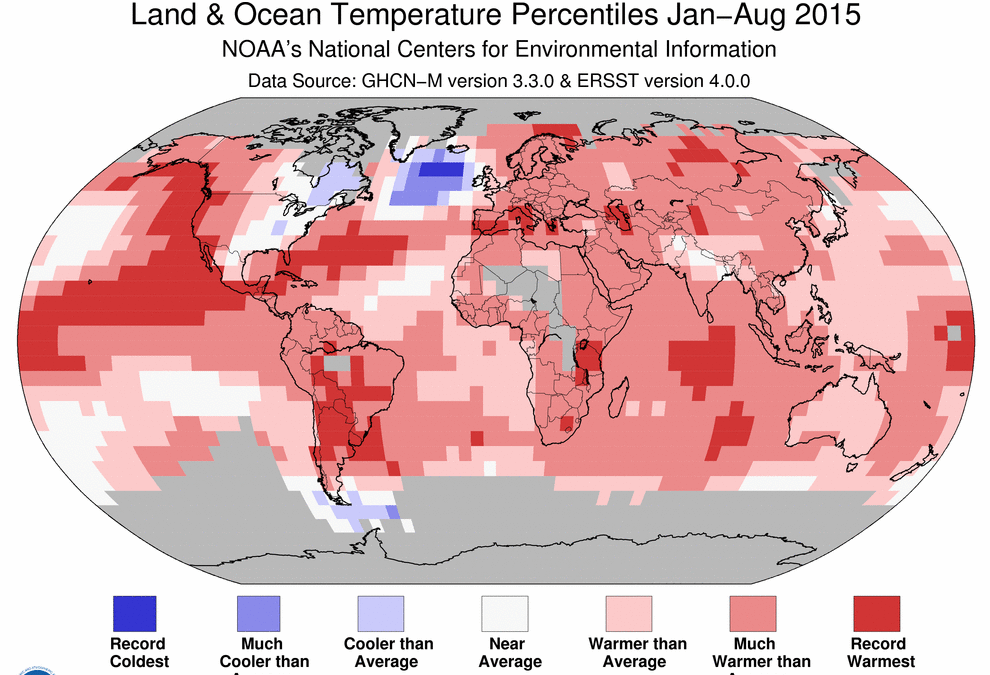SOURCE: Coastal Review Online
DATE: 11/04/2015
AUTHOR: Lisa Sorg
SNIP: The disturbance in the North Atlantic could have far-reaching implications for the mid-Atlantic region thousands of miles away. Ocean circulation creates a pressure gradient that causes water to pile up on the highest areas beneath the ocean and away from the coast, explains Mann, who also runs the university’s Earth Sciences Center. If the circulation slows or stops, the pressure decreases and the water relaxes toward the shoreline.
Many scientists did not expect the recent shifts to happen so quickly. “I thought the AMOC would change slowly, but the oscillation has been quite dramatic over short periods,” deYoung says. “We like to think of climate as an elephant moving slowly along. But the ocean system is not that simple. We’re open for more surprises.”
Mann says climate models didn’t predict such a slowdown until the next century, “but it’s already happening.”

